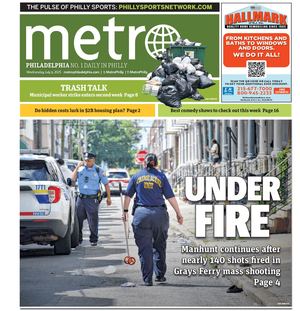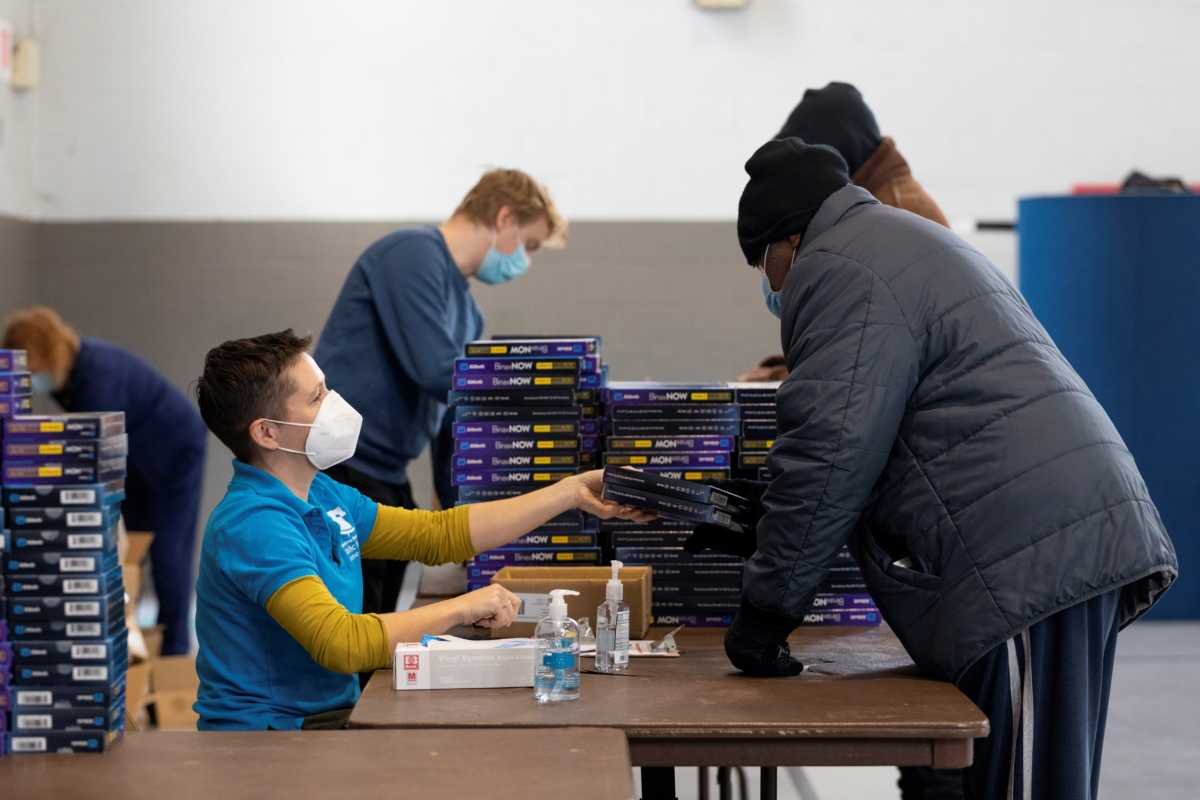By Ahmed Aboulenein
The United States on Wednesday renewed the COVID-19 public health emergency, allowing millions of Americans to keep getting free tests, vaccines and treatments for at least three more months.
The public health emergency was initially declared in January 2020, when the coronavirus pandemic began. It has been renewed each quarter since and was due to expire on April 16.
The Department of Health and Human Services (HHS) in a statement said it was extending the public health emergency and that it will give states 60 days notice prior to termination or expiration.
This could be the last time HHS Secretary Xavier Becerra extends it, policy experts have said.
“We’ve all had access to coverage and we’ve been able to tap into the availability of COVID-19 testing, treatments, and vaccines, largely at no cost during the public health emergency, but not all of these items will continue to be free when the public health emergency ends,” said Dr. Juliette Cubanski, deputy director of the Kaiser Family Foundation’s Medicare policy program.
The government has been paying for tests, vaccines, and certain treatments for those covered by its Medicare and Medicaid health insurance programs, and required private insurers to cover the full cost of tests and vaccines through public health emergency funding.
A second pot of federal funds it had been using for testing, treating, and vaccinating the uninsured has dried up as Congress wrangles over how much more to allocate.
When the public health emergency expires, insured people will be subject to co-pays or other costs, while the uninsured will lose easy access to free testing.
Millions could lose Medicaid coverage as states reinstate stricter enrollment rules that they had loosened in order to qualify for enhanced federal funding.
The public health emergency is one of four pandemic-related nationwide emergencies currently in effect, including a national emergency Biden renewed in March and a separate health emergency that allows the Food and Drug Administration to grant emergency use authorizations for COVID-19 treatments, tests, and vaccines.
The renewal underscores Biden’s political dilemma over how to portray the pandemic, as he argues that it remains a threat in order to secure more funds from Congress while also showing his response to the crisis is keeping the virus at bay and allowing a return to something like normal life.
Reuters





























